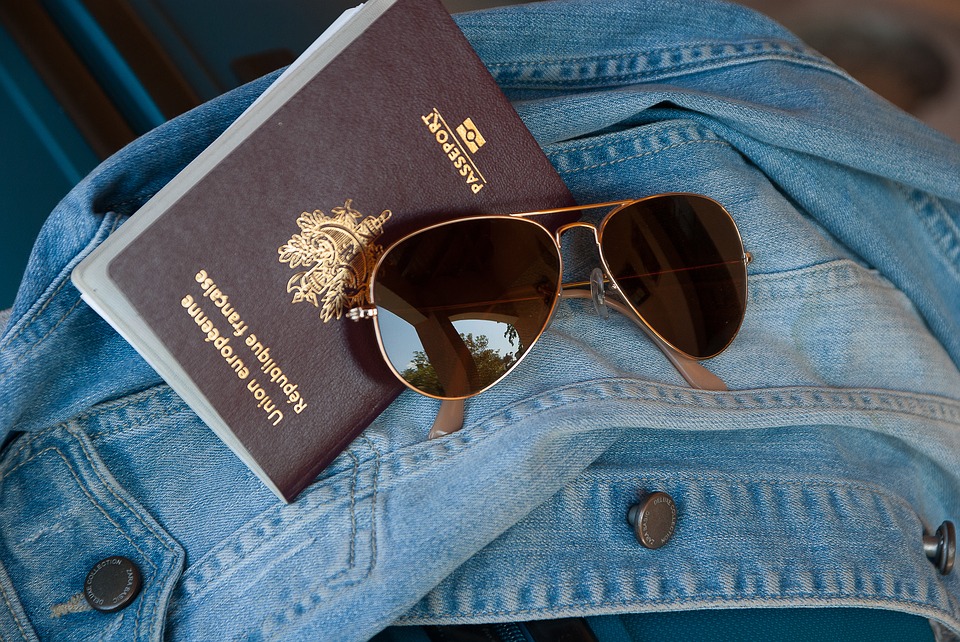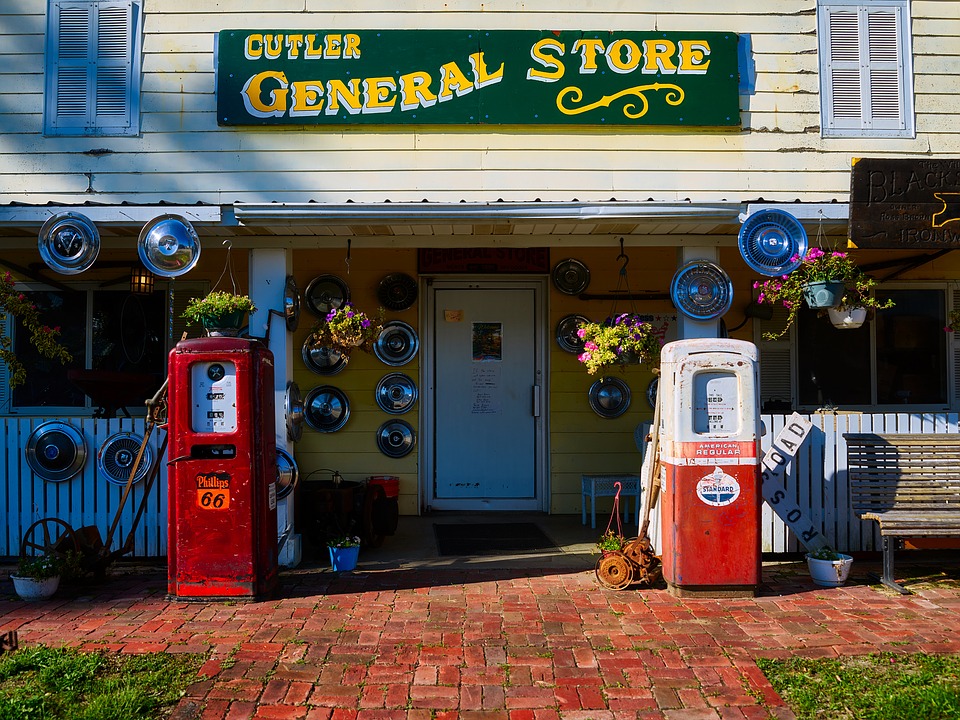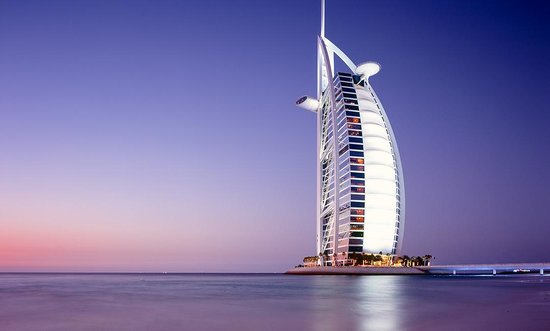
Blockchain passports to be used in Dubai
A new project related to blockchain passports is being developed by the Dubai government and the English startup called ObjectTech with the main objective of improving security for the Emirate’s airport.
A few days ago, ObjectTech announced that it is working together with the Dubai Immigration and Visas Department to create blockchain passports to potentially eliminate manual checks at Dubai International airport.
This system exploits biometric verification and blockchain technology in order and it will use a “pre-approved and entirely digitized passport” in order to easily and safely authorize travelers’ entrance into the Emirates.
Also, thanks to blockchain passports, people will be identified through a 3D scan via a short tunnel while they walk from the aircraft to claim their baggage.
Thanks to the use of a distributed ledger technology (it’s still unclear what blockchain will be used), ObjectTech explained that passports will contain a feature called self-sovereign identity for privacy protection, which it allows travelers to control which parties can view their info.
Co-founder and CEO of ObjectTech, Paul Ferris, wrote a blog post where he explains that the company aims at making the border process quicker and safer, and also giving passengers full control of their digital data. A pilot program is anticipated to be ready by 2020, although a detailed project timeline remains unclear.
A pilot program will be ready by 2020.
Dubai is not new to this kind of projects. A few months ago, in fact, Dubai government revealed its idea to solve immigration issues with the blockchain.
Open your free digital wallet here to store your cryptocurrencies in a safe place.

IBM Blockchain Oil trade platform: a new innovative project
IBM – together with a group of other companies – has announced the development of a new blockchain-based crude oil trade finance platform.
This group also includes Trafigura and Natixis bank that decided to join the creation of this new tool.
The platform was created by using code from the Linux Foundation-led Hyperledger project. Also, IBM’s BlueMix cloud hosting service is utilized.
Thanks to this trade finance platform, users can view transaction data on the blockchain that also hosts documentation and updates on shipments, deliveries and payments.
Natixis is also a member of the R3 distributed ledger consortium and isn’t new to blockchain-related trade finance applications because it also joined the “Digital Trade Chain” project a few months ago.
According to, Natixis’ head of global energy and commodities, Arnaud Stevens, the bank believes the technolgy as a high potential of bringing down expense and boosting procedural transparency.
These are his words:
“We want to use blockchain to optimize the antiquated arena of commodity trade finance. The current process is paper and labor intensive, we have multiple friction points with high processing costs and limited automation. Distributed ledger technology brings some much-needed innovation into our industry.”
This news is only the latest related to projects that aims at bridging of the blockchain and trade finance worlds.
Also, we have to say that this is an application that attracted much interest from a wide range of companies and governments worldwide, including Dubai.
In the meantime there are also several other worldwide banks that are continuing to push ahead with related projects focused on the blockchain and commodities trade.
A few days ago, in fact, Dutch bank ING is working on an oil trading pilot built on the Ethereum blockchain that has already conducted live transactions.
Open your free digital wallet here to store your cryptocurrencies in a safe place.

Dubai Blockchain to solve Immigration issues
Dubai Blockchain will try to solve immigration issues, developing a system for cutting illegal residency within the country.
To do so, Dubai immigration agency is looking for a blockchain startup to collaborate for this project.
The Dubai Future Accelerator and the General Directorate of Residency and Foreign Affairs published a call for blockchain startups to develop the immigration platform.
This way, the immigration agency hopes to reduce illegal resident entry by 50% using the distributed ledger, according to a press release published a few days ago on December 22nd.
Other public institutions in Dubai want to use the blockchain technology as part of their accelerator program and there are a few opened calls about blockchain’s publicized use cases.
For example, the Department of Economic Development is looking for using automated systems to cut governmental red tape by 20%, reducing time for receiving, renewing and modifying trade licenses.
Also, the Dubai Health Authority is working to improve patient self-management of health data, as explained during a recent Distributed Health event.
Dubai Blockchain for a better future
The Dubai Future Accelerator will take no equity from startups that participate. Also, it provides flights, accommodation and office space for a program of 9 weeks where selected companies will be able to test prototypes with the major Dubai companies and government institutions.
Saif Al-Aleeli, CEO of the Dubai Future Foundation, explained in the press release:
“By bringing innovative global startups together with government entities in Dubai, the program offers them the potential to materialize their ideas and projects in a forward-thinking city, and play their part in building a better future today,”
To read more about Dubai Blockchain project, click here.
Open your free digital wallet here to store your cryptocurrencies in a safe place.